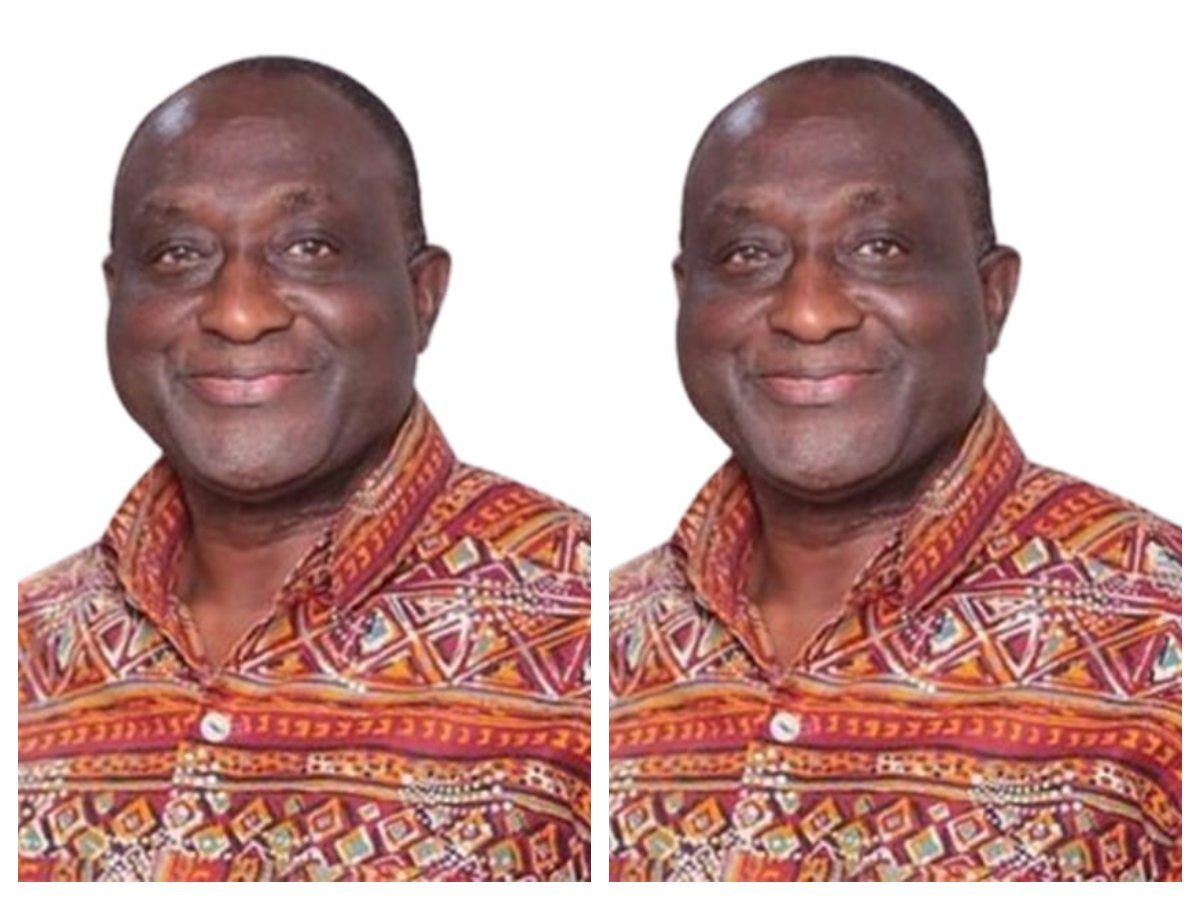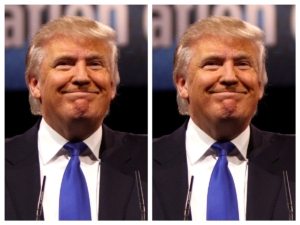Alan Kyerematen, Ghana’s former Minister of Trade and Industry and one of the architects of the African Continental Free Trade Area (AfCFTA), has argued that Africa is turning into what he calls a “NATO continent”, a place where leaders and citizens engage in endless debate without translating their words into action.
Speaking in an exclusive interview on The BreakDown with Sandra Babu-Boateng, Kyerematen reflected on the continent’s long struggle with integration. He recalled that when the Organization of African Unity was formed in 1963, the founding fathers imagined a united Africa that traded with itself, created a common market, and ultimately built an African economic community. But within a few years, he said, the newly independent states became consumed by post-colonial struggles and drifted away from that dream.
Although regional blocs such as ECOWAS, SADC, COMESA, and the EAC gradually took shape, Africa’s internal trade remained stuck below 15%. For Kyerematen, this symbolized how far the continent still was from genuine integration.
Watch the interview below.
READ ALSO: Ghana’s role in Africa’s future: Alan Kyerematen calls for bold leadership on integration
His own work on trade deepened when he joined the UN Economic Commission for Africa in 2011 to lead the African Trade Policy Centre. He said he grew frustrated with the perception that Africa had become a “talk shop,” where ambitious policies were drafted but rarely implemented. To counter that, he and his team pushed for not just a legal framework in the form of AfCFTA, but also an operational framework known as Boosting Intra-African Trade. Both were endorsed at the AU summit in 2012, but only the trade agreement gained significant traction, while the operational plan that would have driven it forward received far less attention.
Skepticism followed him throughout the process. Many African leaders doubted whether a continental framework could work when regional blocs themselves were struggling to deepen trade ties. Kyerematen, however, argued that only scale could unlock Africa’s potential. He explained that countries like Ghana often imported basic goods such as sausages from Europe instead of sourcing them from fellow African nations, simply because of trade barriers tied to regional groupings. A continental framework, he insisted, could break down those barriers.
Despite resistance, AfCFTA eventually came into being and today spans a market of 1.4 billion people with a combined GDP of $3.4 trillion. With Africa holding 60% of the world’s arable land, vast water reserves, forests, and mineral wealth, Kyerematen sees the economic case as undeniable. Yet he cautions that trade alone will not guarantee prosperity. For him, Africa cannot be peaceful, secure, or prosperous without political unity and deeper integration.
READ ALSO: Ghana needs global vision – Alan Kyerematen teases 2028 presidential bid
He points to Europe as an example: independent states with distinct identities that nonetheless wield global influence through the European Union. He believes the African Union, in its current structure, should be treated as a transitional phase, ultimately paving the way for a “United States of Africa.”
Seven years after AfCFTA was signed, however, he admits that progress has been uneven. Infrastructure gaps, unaligned customs reforms, and weak regulatory harmonization remain obstacles. Still, he views the agreement as historic, a foundation upon which Africa can build either a confederation or a federation to unlock its full economic power and geopolitical influence.
Reflecting on past attempts at unity, he recalled how Muammar Gaddafi’s call for a “United States of Africa” failed in 2012 because it was rushed and lacked consensus. The lesson, he suggested, is that integration must be gradual, systematic, and built on existing structures.
Kyerematen stressed that the pieces are already in place. AfCFTA has given Africa the legal framework, Agenda 2063 offers the vision, and regional economic communities provide the building blocks. But without prioritizing political unity, he warns, the rest of Africa’s aspirations will remain out of reach.










